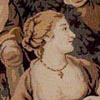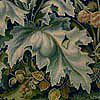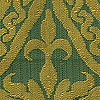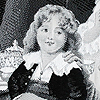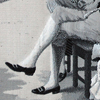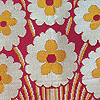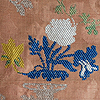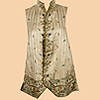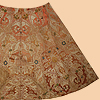 |

2214
Antique French Neyret Freres Silk Textile, Silk Brocade Woven Painting
19th Century
Size 18" x 14"
Size 46 x 36cm
Provenance: The Mullin Collection prior to 1933 by Dr. Charles E. Mullin
19TH century French woven silk in black and white tones produced by Neyret Freres in Saint-Etienne, France. Neyret Freres were manufacturers of woven silk pictures, who revived the tradition of the finest French tapestry weaving. By using high quality Chinese silk thread in as many as 12 different shades of gray, they produced pictures so fine that the effect is that of an engraving.

|
Antique French Neyret Freres Silk Textile
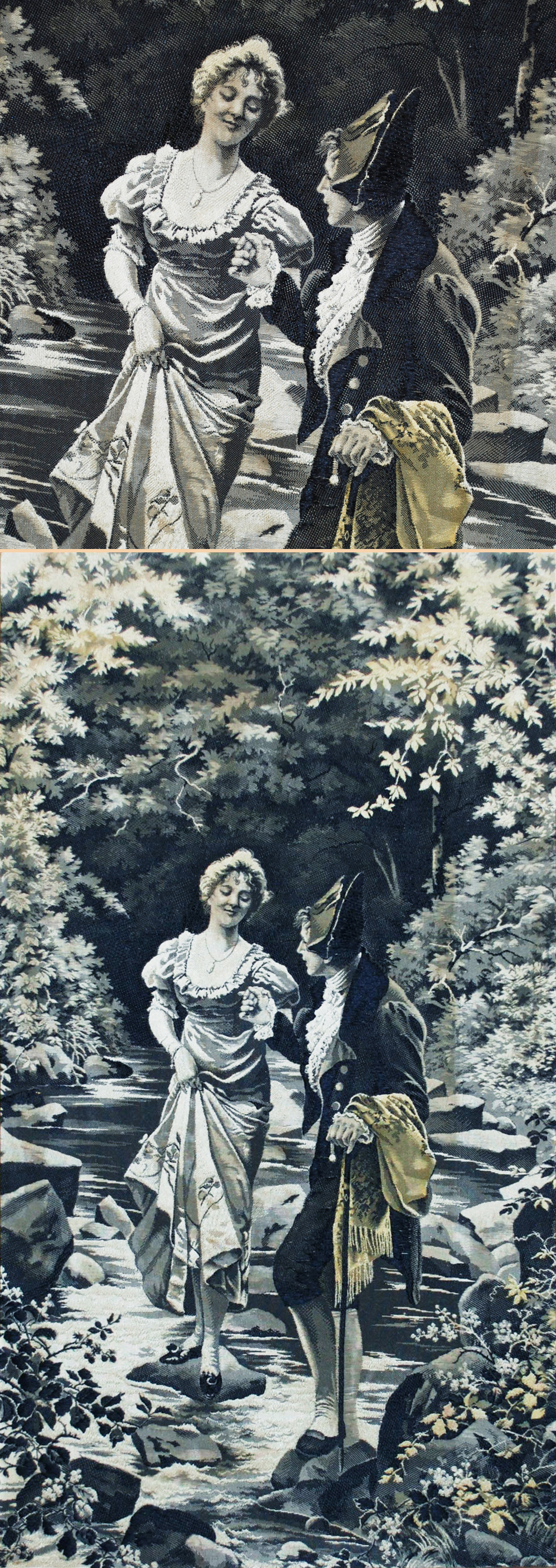
Neyret Freres Company
In 1825, M. Antoine Bizaillon created a company to make woven ribbons in St Etienne. As he only had young children, when he retired he sold his company to his nephew, Jean-Baptiste Neyret (1825-1889), who was working with him. At that time it was only a small company and there were many in St Etienne.
In a few years Jean-Baptiste Neyret changed the company to a higher level. He understood that in the textile industry, the danger was the uncontrollable fluctuations of the ladies fashion. So he changed the activity of the company to more permanent products such as special ribbons for official decoration, trade mark images for manufacturers on their clothes etc... I don't know when they moved into artistic image products and complementary items.
Jean-Baptiste Neyret was so successful that he became very rich. In 1860 he decided to invest in other industrial activities. As he was enthusiastic for the potential of the new hydraulic energy, he created, along with the engineer Casimir Brenier a big factory in Rioupeyroux near Grenoble to make paper. The hydraulic turbine had a power of 800 HP, which was a record at that time. Nowadays that factory is an aluminium factory belonging to Pechiney, but the company has conserved as a historical museum the original hydraulic turbine and the 24m high steel tubes bringing the water from the mountain. In these factories Jean-Baptiste Neyret created a special social fund to help workers in case of illness, retirement or other big family problems.
After Jean Baptiste's retirement the Neyret Frères company was ruled by Joseph Neyret (1858-1944) my grandfather and the Rioupeyroux factory by Jean Neyret, my grand uncle. Note that Jean sold this Company to a steel milling company called "Acièries de Firminy". He became chairman of that company. He was there at the origin of the decision to build a new steel milling factory near the sea-side, in the Dunkerque area. 100 years before everyone else, he had understood the importance to have an easy and cheap procurement of the iron ore from Africa or others countries.
To illustrate the influence of the Neyret family at that time, during several years the "business court" in St Etienne was ruled by Jean-Baptiste as chairman, also by his father in law André Merliie, and his son and son in law were judges! Joseph was also a successful manager. He was reputed to be very generous, and helped a lot of people (nephews or others) to establish themselves.
Neyret Frères has donated a loom in working condition to the 'Museum of Art and Industry' as well as a stock of "Jacquard Cartons".
|
 |



